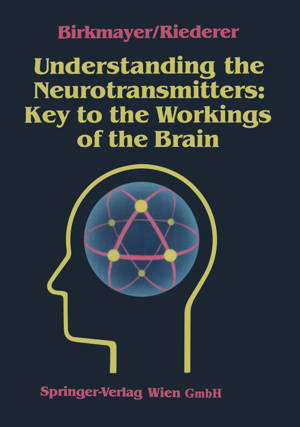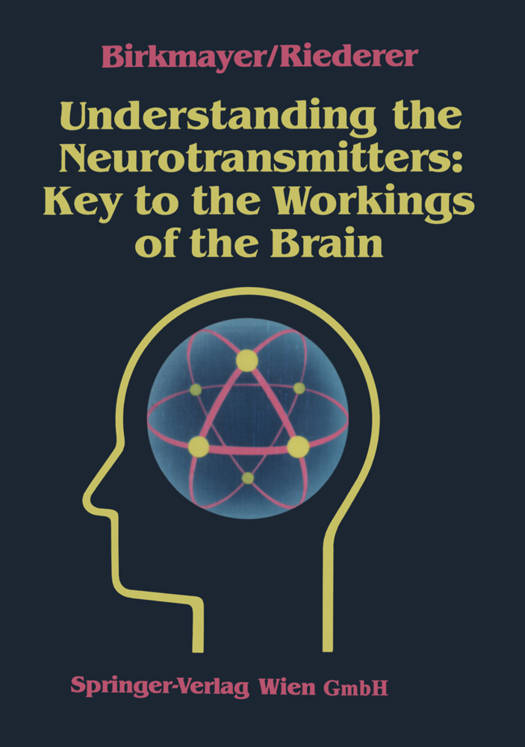
- Afhalen na 1 uur in een winkel met voorraad
- Gratis thuislevering in België vanaf € 30
- Ruim aanbod met 7 miljoen producten
- Afhalen na 1 uur in een winkel met voorraad
- Gratis thuislevering in België vanaf € 30
- Ruim aanbod met 7 miljoen producten
Zoeken
Understanding the Neurotransmitters: Key to the Workings of the Brain
Walter Birkmayer, Peter Riederer
Paperback | Engels
€ 167,95
+ 335 punten
Omschrijving
Walther Birkmayer, one of the co-discoverers of the neuro- chemical causes of Parkinson's disease and of its treatment by neurotransmitter-replacement therapy, and his former col- laborator and colleague Peter Riederer have succeeded in this book in giving us an outline and overview of current knowl- edge of the biochemistry of the brain and synaptic transmis- sion between nerve cells, together with an appreciation of how these factors relate to recent findings in human behavioural science, an area in which both authors have made substantial contributions. Ethology is the systematic study of behaviour, and its impor- tance was recognized by the award of the Nobel Prize for Medicine to its founders and principal exponents Konrad Lorenz, Niko Tinbergen and Karl von Frisch. Human behav- ioural science extends their methods to human beings, and we owe the application of these methods in the human field to among others Irenaeus von Eibl-Eibesfeldt as far as normal human behaviour is concerned, and to Dieter von Ploog for the study of abnormal behaviour. These workers have played a decisive part in helping us to understand the biological factors that govern human behaviour. Fundamental to all these stud- ies is the way we humans feel, and thanks to our ability to express our feelings, thoughts and emotions in words, we can accurately describe these feelings, thoughts and emotions, not only in normal circumstances but also when we believe them to be disturbed.
Specificaties
Betrokkenen
- Auteur(s):
- Vertaler(s):
- Uitgeverij:
Inhoud
- Aantal bladzijden:
- 137
- Taal:
- Engels
Eigenschappen
- Productcode (EAN):
- 9783211821008
- Verschijningsdatum:
- 2/02/1989
- Uitvoering:
- Paperback
- Formaat:
- Trade paperback (VS)
- Afmetingen:
- 148 mm x 210 mm
- Gewicht:
- 199 g

Alleen bij Standaard Boekhandel
+ 335 punten op je klantenkaart van Standaard Boekhandel
Beoordelingen
We publiceren alleen reviews die voldoen aan de voorwaarden voor reviews. Bekijk onze voorwaarden voor reviews.








